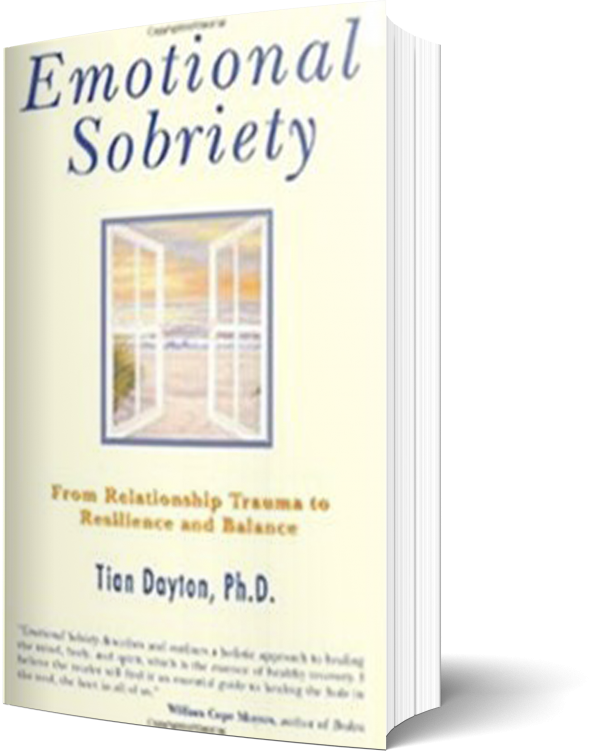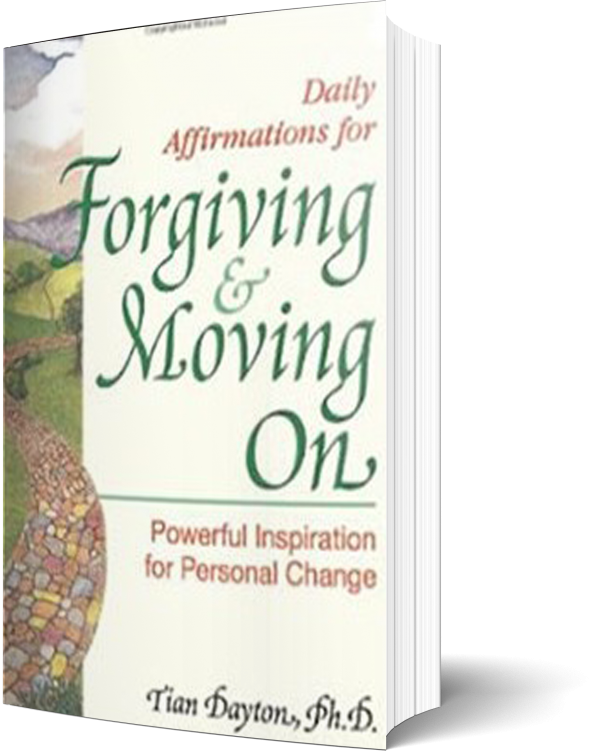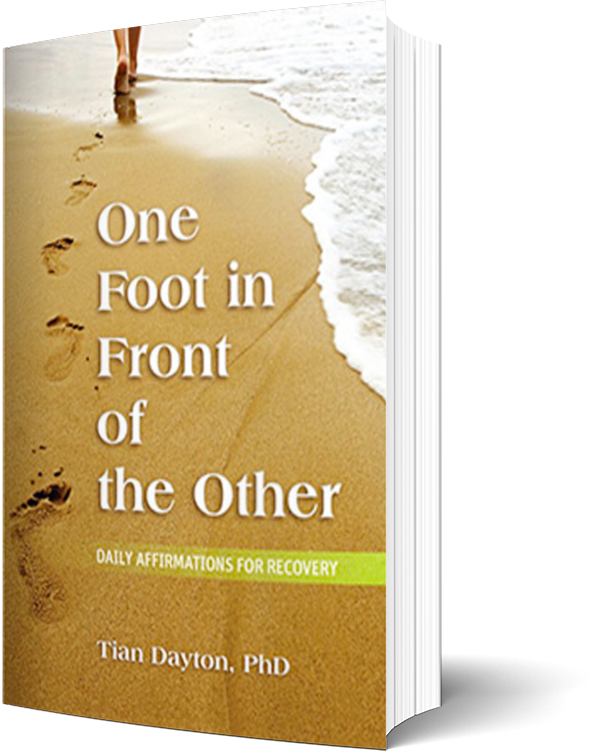Want to smooth out those frayed edges, lower your stress level the natural way or just plain feel good? Try these research proven ways to bring both your body and mind into balance, find out which ones work for you and make them part of your weekly emotional fitness regime.
Get Thirty Minutes of Sunlight Daily and Walk Thirty minutes of sunlight each day wards off depression, provides vitamins, and gives us a much-needed boost to our immune systems. When we try to get our lives to work on strictly a psychological level, we ignore the fact that we live in a body, and that that body has significant power over our moods. This is one of the easiest places to start to turn our lives around or to get out of an emotional slump.
Walk: A daily, brisk thirty-minute walk outdoors is free, and one of the best habits we can cultivate for our bodies, minds and spirits. It can smooth out moods through releasing seratonin, the same chemical in antidepressant medication, elevate our moods, keep us fit, control weight, and give us time with friends. Studies done both in Sweden and at Duke University have shown that walking three to four times a week for 45 minutes or more is just as effective in managing depression as medication. To say nothing about connecting us with the great outdoors. There’s just no downside to this one.
Talk to others, Don’t Isolate
Over and over again research reveals that talking over what’s bothering us actually reduces stress chemicals in the body and elevates levels of the bodies natural opoid system. Sharing feelings sooths the mind/body system and crying does just the same, In fact tears shed in grief have a different chemical make up than tears shed in joy. That’s why we can feel so much better after a good cry. Emotional insecurity or pain can make us want to isolate. Down time and nourishing time alone is different from isolating. Sharing elevates our soothing body chemicals and being in the presence of other people who can help to regulate our bodies vital rhythms are both natural healers.
Take a warm bath: Heat causes prolactin to be released into the bloodstream. Prolactin is that natural soothing body chemical that we often associate with nursing mothers. It causes us to feel calm, soothed and serene. One easy way to give yourself a little shot of prolactin, is to take a warm bath, settle in after a long day and just immerse yourself in the warm water and breathe your stress away. Some people like to add some natural soothing scent. Next time you’re in the neighborhood you can wander around the health food store and read labels to find a natural oil that appeals to you and add some bubbles as well if that makes it feel more luxurious.
Get Enough Sleep, Rest and Quiet Time
Researcher Thomas Wehr at the National Institute of Mental Health conducted studies during which he had people lie down in a quiet, darkened room for fourteen hours each night, conditions similar to those under which we evolved during the millions of years before the discovery of artificial light. Under these conditions, the subjects reported a state of pleasant relaxation coupled with a crystal clear consciousness. Also, while they were in these states of relaxation and clarity, their pituitary glands were releasing prolactin into their blood streams. But even a slight, low level of anticipation during sleep was enough to keep prolactin from working it’s magic. In separate experiments, the researchers told subjects that at some point a nurse would enter the room to take blood. This semi-conscious awareness during their sleep that they could be interrupted at any time was enough to stop the release of prolactin. (Men also release the hormone prolactin when they meditate or are in a state of deep relaxation.) So tell yourself when you go to bed that it’s over for today, anything that needs handling can wait till morning and just sleep.
Journal
Journaling also elevates the immune system and calms the autonomic system, it smooths out the heartbeat, breathing and perspiration. As we freely write our thoughts and feelings on paper, the associative process of our mind goes to work. The more completely we can abandon our internal governors and trust the process of writing, the more penetrating our associations and glimpses into our inner world will be. Through journaling, we gain insight and perspective, we flush out concealed or veiled material and bring it out onto the page where we can see and reflect on it. What may have bewildered us comes clear as we lay it out in front of us through putting it into words.
The basic method is to simply put pen to paper and let your thoughts and feelings pour out freely. Give the editor who lives in your mind a vacation, and let go of worrying about saying things in a coherent or readable way. Simply put pen to paper and trust the process. This is your private space for a full and unedited expression of self; no one need see what you write other than you.
Many of our worries are self created. We make our lives much more stressful than they need to be by our internal, emotional reactions to situations in our lives. The way you are reacting to things on the inside may be stressing you out just as much or maybe even more than what’s actually happening. This week, before you give up your valuable peace of mind by stressing about something, try asking yourself a couple of questions like “how important is it” or “how much will this matter in five years?”.





